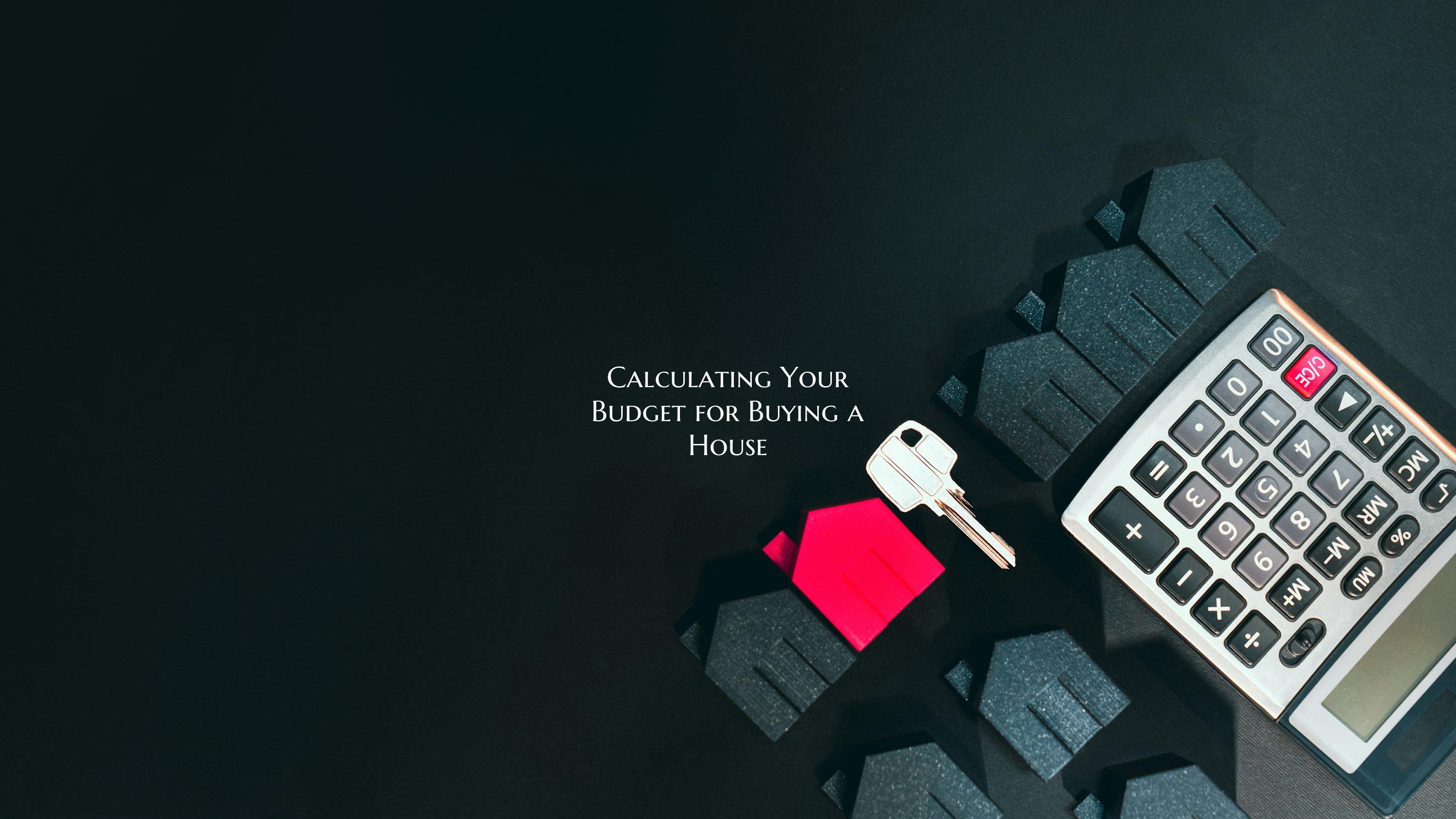Calculating Your Budget for Buying a House

Calculating Your Budget for Buying a House
Buying a house is one of the most significant financial decisions you will make in your lifetime. Before starting the home-buying process, it's crucial to determine your budget to ensure you can comfortably afford the home you desire. Calculating your budget involves assessing your financial situation, considering various costs associated with buying a house, and determining how much you can afford to spend.
1. Evaluate Your Finances: - Start by assessing your current financial situation, including your income, savings, debts, and monthly expenses. Understanding your financial standing will help you determine how much you can allocate towards a house purchase. - Calculate your debt-to-income ratio, which is the percentage of your gross monthly income that goes towards paying debts. Lenders typically look for a debt-to-income ratio of 43% or lower. - Consider your credit score, as it plays a crucial role in determining the interest rate you will qualify for on a mortgage. A higher credit score can help you secure a lower interest rate, which can save you money over the life of the loan.
2. Determine Your Housing Budget: - Use online mortgage calculators to estimate how much you can afford to borrow based on your income, expenses, and credit profile. Aim to keep your monthly mortgage payment below 28% of your gross monthly income. - Factor in other homeownership costs, such as property taxes, homeowners insurance, utilities, maintenance, and homeowners association fees. These additional expenses can significantly impact your overall housing budget. - Consider your down payment amount. While a 20% down payment is ideal to avoid private mortgage insurance (PMI), there are various loan programs that allow for lower down payments. However, keep in mind that a lower down payment may result in higher monthly mortgage payments.
3. Get Pre-Approved for a Mortgage: - Once you have a clear understanding of your budget, get pre-approved for a mortgage from a lender. A pre-approval will give you a better idea of how much you can borrow and demonstrate to sellers that you are a serious buyer. - Compare mortgage offers from multiple lenders to find the best interest rate and terms that align with your budget and financial goals.
4. Set a Realistic Buying Price: - Based on your budget and pre-approval amount, set a realistic price range for the homes you wish to consider. Avoid the temptation to stretch your budget to buy a more expensive house, as it can lead to financial strain in the long run. - Remember to account for additional costs associated with buying a home, such as closing costs, moving expenses, and possible renovations or repairs.
By carefully calculating your budget for buying a house and staying within your financial limits, you can make a well-informed decision that sets you up for financial stability and homeownership success. Working with a knowledgeable real estate agent and financial advisor can also provide valuable guidance throughout the home-buying process.
